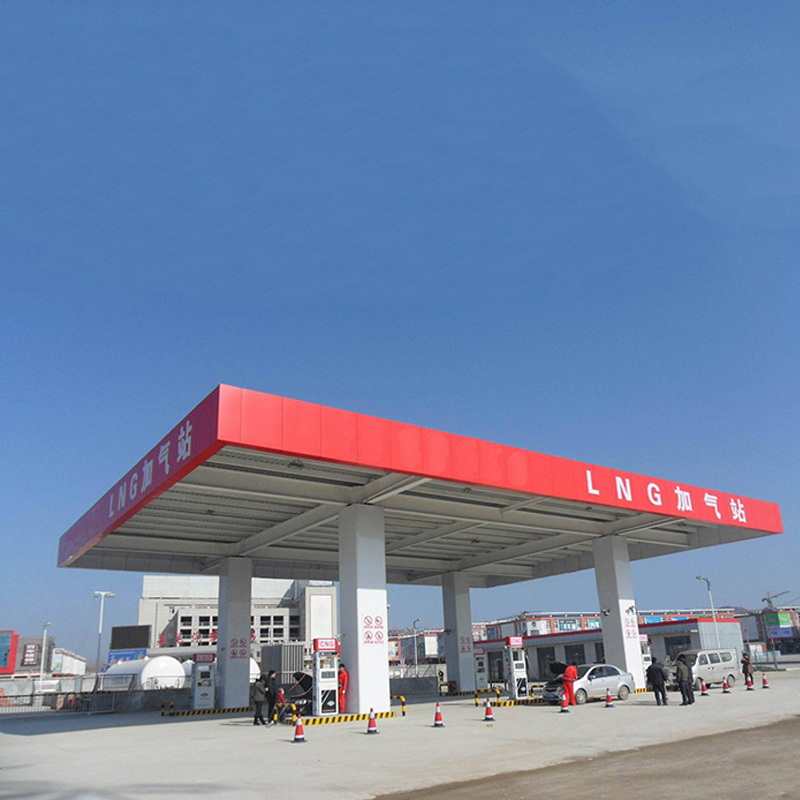
8 月 . 10, 2024 15:10
Back to list
Exploring Advanced Techniques for Efficient Filtration of Natural Gas in Energy Applications
Natural Gas Filtration Ensuring Clean Energy
Natural gas has emerged as one of the most important energy sources in the world, thanks in part to its availability, efficiency, and relatively lower carbon emissions compared to coal and oil. However, the purity of natural gas is crucial to ensure that it remains a clean energy source. Contaminants found in natural gas can lead to inefficiencies, increased emissions, and potential damage to infrastructure. Therefore, natural gas filtration is vital in the extraction, processing, and transportation stages of gas production.
Understanding Natural Gas Contaminants
Natural gas is primarily composed of methane (CH4), but it often contains various contaminants such as water vapor, carbon dioxide (CO2), hydrogen sulfide (H2S), and particulate matter. These impurities can systematically disrupt the combustion process, leading to incomplete combustion, increased emissions of harmful substances, and decreased energy output. Water can cause corrosion in pipelines and storage facilities, while H2S is a toxic compound that poses serious health risks. Carbon dioxide, although less harmful, contributes to greenhouse gas emissions, undermining the environmental benefits that natural gas can provide.
The Filtration Process
Natural gas filtration can be broken down into several stages, each designed to remove specific contaminants to ensure gas quality
.1. Preliminary Filtration This is often the first line of defense in natural gas processing. It typically involves mechanical separation to remove larger particles and sediments, such as dust and debris, from the extraction site.
2. Water Removal Water can exist in natural gas in both vapor and liquid forms. Dew point control techniques, such as glycol dehydration and molecular sieves, are commonly used to extract moisture from the gas, preventing the formation of hydrates that can block pipes.
natural gas filtration

3. Acid Gas Removal Techniques such as amine gas treating and membrane separation are employed to remove acid gases like CO2 and H2S. Amine solutions chemically bind these contaminants, allowing for their separation from the natural gas stream.
4. Final Filtration In the final stage, finer filters and screens are used to capture any remaining particulate matter. This ensures that the natural gas meets the stringent quality specifications required for residential use and industrial applications.
The Importance of Filtration
The filtration of natural gas is paramount not only for maintaining efficiency but also for environmental protection. Advanced filtration technologies lead to cleaner energy production, which supports global initiatives to reduce carbon footprints. By ensuring that natural gas is free of contaminants, we can maximize its efficiency and maintain the integrity of the pipeline infrastructure.
Moreover, natural gas filtration contributes to safety. Contaminants like H2S can pose significant hazards to workers in processing facilities and to the general population if leaks occur. By implementing robust filtration systems, companies can mitigate these risks, safeguarding both their operations and the communities they serve.
Conclusion
As the demand for clean energy continues to rise, the role of natural gas filtration becomes increasingly important. By effectively removing contaminants from natural gas, filtration processes help maximize the advantages of this vital energy source. Investments in filtration technologies not only enhance energy efficiency but also contribute to environmental sustainability and public safety. As we progress towards a cleaner energy future, the filtration of natural gas will remain a crucial component in our efforts to harness this valuable resource responsibly.
Latest news
-
Unlocking The Quality Gas Pressure ReducersNewsNov.01,2024
-
The Role of Gas Pressure Reducing StationsNewsNov.01,2024
-
The Importance and Functionality of Safety Relief ValvesNewsNov.01,2024
-
The Essential Role of Safety Valves in Natural Gas ApplicationsNewsNov.01,2024
-
The Essential Role of Gas Pressure RegulatorsNewsNov.01,2024
-
Enhance Your Premium Gas FiltersNewsNov.01,2024

